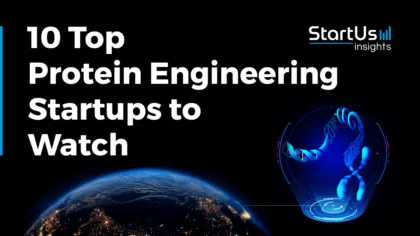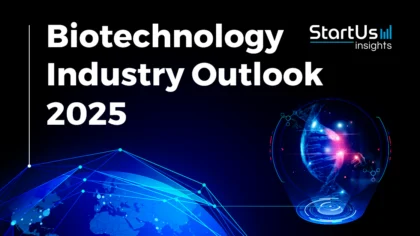Leverage our unparalleled data advantage to quickly and easily find hidden gems among 4.7M+ startups, scaleups. Access the world's most comprehensive innovation intelligence and stay ahead with AI-powered precision.
Biotechnology (or BioTech) has already evolved to be one of the fields that pay extensive attention to research and its industrial application. Progress continues to be made, which becomes evident considering the global biotechnology market size is expected to reach 513 billion Euro by 2020.
Whether it is artificial organs or apps to probe physiological parameters – biotechnology is hard at work, developing effective, inexpensive, and pervasive solutions. We analyzed 600+ BioTech startups and their technologies to identify what’s next. We will disclose the innovation areas that are bound to deeply impact the sector in the near future.













![10 Microbiome Cosmetic Products Startups [2025] | StartUs Insights](https://www.startus-insights.com/wp-content/uploads/2025/05/Microbiome-Cosmetic-Products-SharedImg-StartUs-Insights-noresize-420x236.webp)